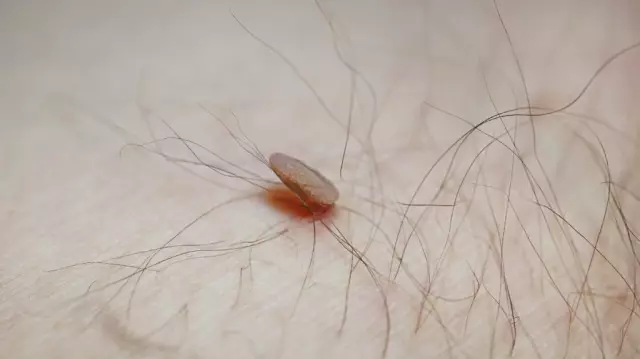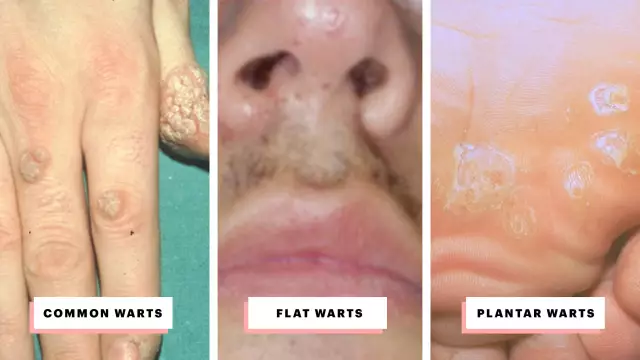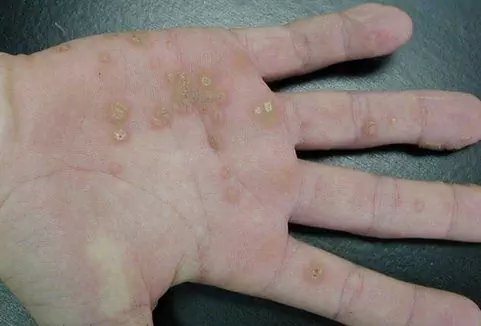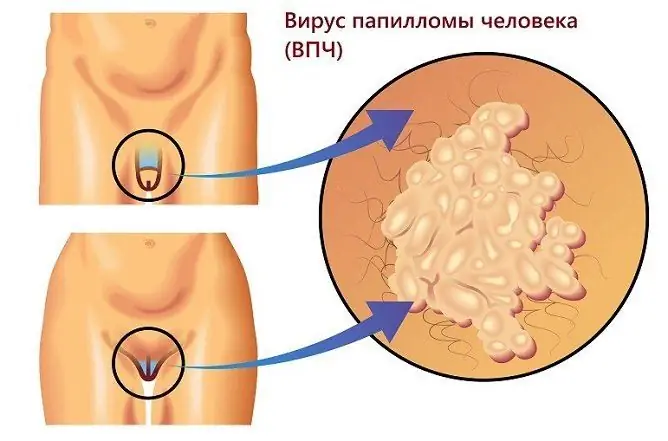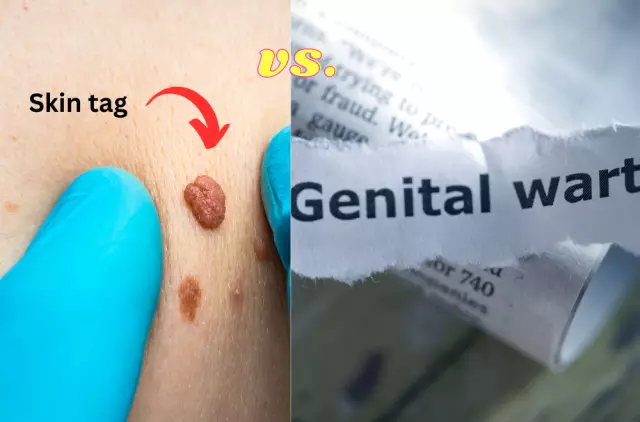- Author Rachel Wainwright wainwright@abchealthonline.com.
- Public 2023-12-15 07:39.
- Last modified 2025-11-02 20:14.
Some aspects of the possible therapy for genital warts. D. V. Gakh
In recent years, there has been a constant increase in the number of people suffering from genital warts. [1] Despite the fact that this pathology occurs in only 1% of the sexually active population. [2] Condylomas are one of the types of viral warts that most often occur in the anogenital region, with mechanical damage which can lead to bleeding and infection. Also, this disease can provoke the development of cervical and penile cancer. [3]

This pathology causes dyspareunia, which leads to sexual dissatisfaction, decreased sex drive, lack of sexual intercourse, depression. Despite the fact that in the initial stages of the disease, the patient is worried only about subjective discomfort, one should not forget about the epidemiological danger, as well as the possibility of the virus causing cancer. [3]
The causative agent is the human papillomavirus, which is mainly transmitted through vaginal, oral, anal sexual contact with an infected person. In 90% of cases, human papillomavirus 6 and 11 types are responsible for the occurrence of genital warts of the anogenital region. [4]

There are several possible types of treatment and their combinations, depending on the specific situation. To eliminate skin manifestations, destructive methods are used: chemical, physical, surgical. [5] For pathogenetic therapy, and in order to lengthen the relapse-free period, antiproliferative, antiviral and immunological methods are used. The latter, at the moment, have firmly occupied a niche in complex therapy, and are used in conjunction with destructive methods of treatment. This combination allows the patient to get rid of clinical manifestations as quickly as possible, and the use of immunotherapy can reduce the frequency of relapses of the disease. [6]
A third of patients independently recover from genital warts, which is due to the activation of antiviral immunity. The action of drugs in this group is aimed at certain parts of the immune system. Such therapy is used for difficult to treat condylomas, massive skin lesions and recurrent course of the disease. [7]
The most studied immunomodulatory agent is imiquimod (imiquimod). It activates apoptosis, stimulates the synthesis of interferon - alpha, tumor necrosis factor alpha and interleukin - 6, and normalizes cellular immunity.
In 2001, a review of the results of six large studies was carried out and it was concluded that the use of imiquimod (imiquimod) for the treatment of genital warts is more effective than placebo. [eight]
A large number of treatment options for genital warts, mainly mechanical removal, do not affect the cause of their appearance - the human papillomavirus. The presence of drugs that activate the production of proinflammatory cytokines and suppress viral replication makes it possible to think about the possible recovery of the patient from this pathology.
Literature
- Thompson LH, Nugent Z., Blanchard JF, Ens C., Yu BN Increasing incidence of anogenital warts with an urban - rural divide among males in Manitoba, Canada, 1990-2011 // BMC Public Health. - 2016. - Vo.16. - P.219-227. DOI: 10.1186 / s12889-016-2885-4.
- Trottier H., Franco EL The epidemiology of genital human papillomavirus infection. Vaccine. 2006. - Vo. 24. - Suppl. 1. - P.1-15.
- Cho C.-Y., Lo Y.-C., Hung M.-C., Lai C.-C., Chen C.-J., Wu K.-G. Risk of cancer in patients with genital warts: a nationwide, population-based cohort study in Taiwan.
- Tchernev G. Sexually transmitted papillomavirus infections: epidemiology, pathogenesis, clinic, morphology, important differential diagnostic aspects, current diagnostic and treatment options // An. Bras. Dermatol. - 2009. - Vol. 84. - No. 4. - P.377-389.
- Karnes JB, Usatine RP Management of External Genital Warts // American Family Physician. - 2014. - Vol. 90. - No. 5. - 313-318.
- Jardine D., Lu J., Pang J., Palmer C., Tu Q., Chuah J., Frazer IH A randomized trial of immunotherapy for persistent genital warts // Human Vaccines & Immunotherapeutics. - 2012. - Vol. 8. - No. 5. - P. 623-629. DOI: 10.4161 / hv. 19319.
- Smirnov V. S., Kudryavtseva T. A. Vartocid (imichimod). - SPb: Hippocrates, 2017.-- 144 p.
- Moore RA, Edwards JE, Hopwood J., Hicks D. Imiquimod for the treatment of genital warts: a quantitative systematic review // BMC Infectious Diseases - 2001. - 1: 3 doi: 10.1186 / 1471-2334-1-3
Found a mistake in the text? Select it and press Ctrl + Enter.

